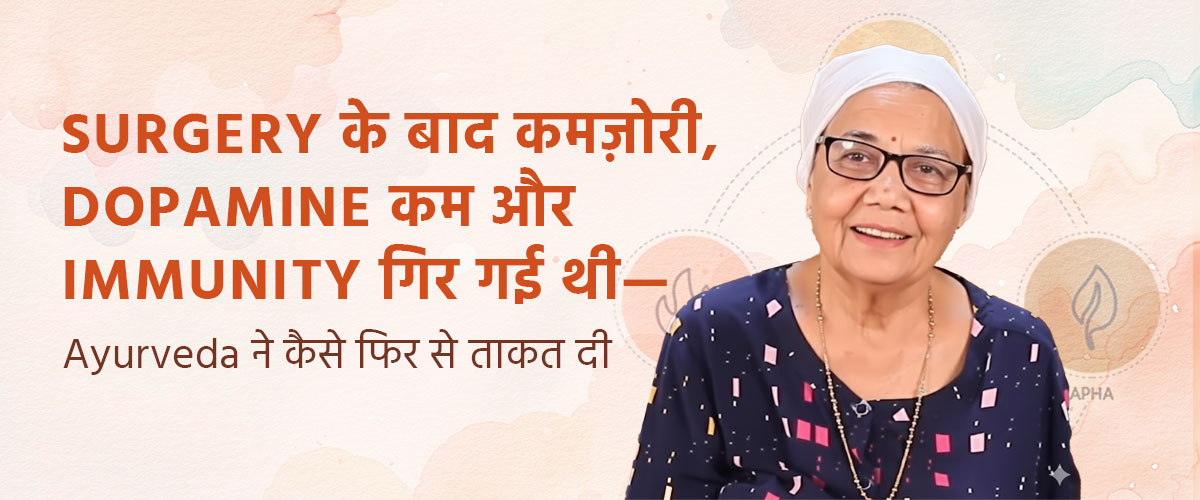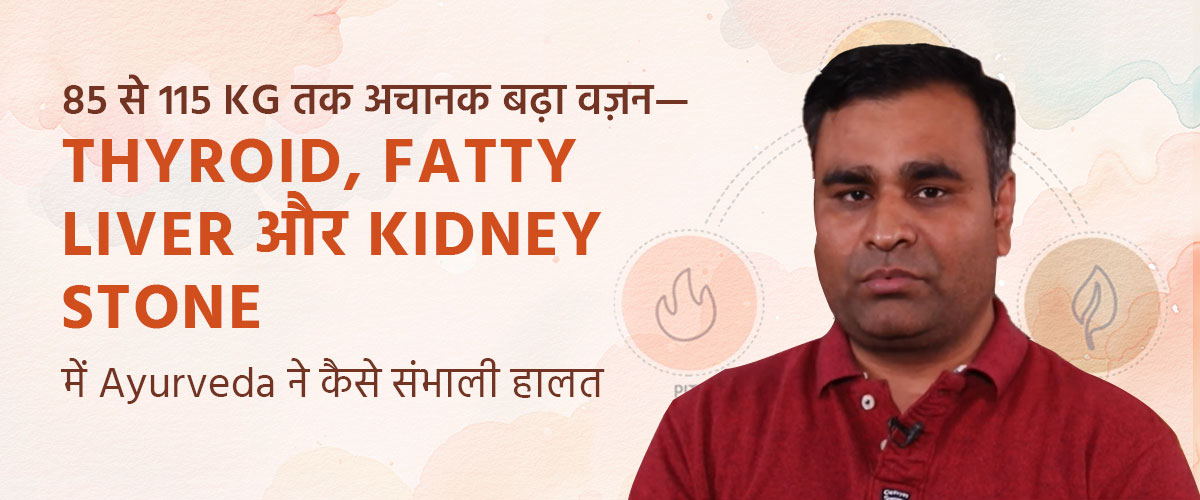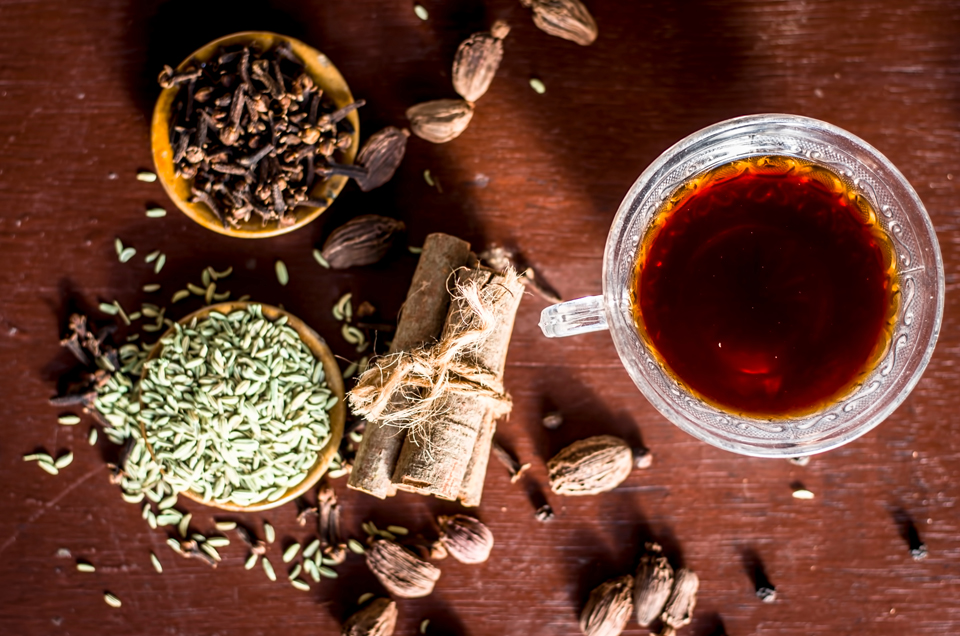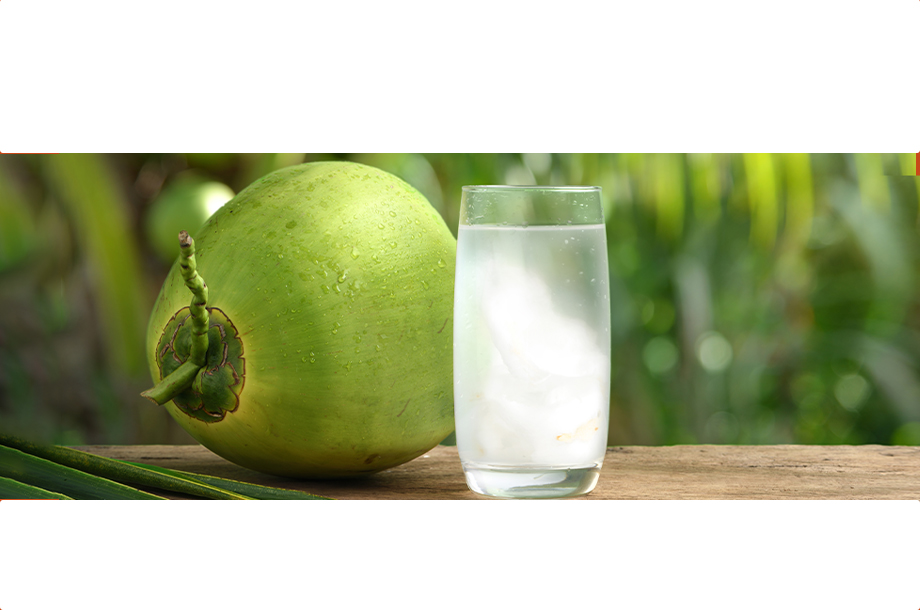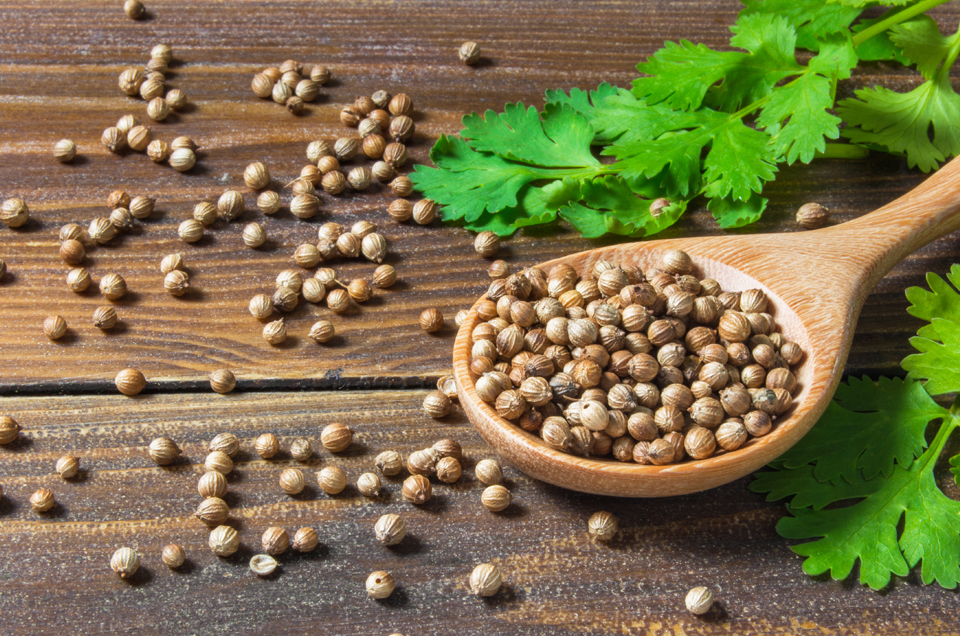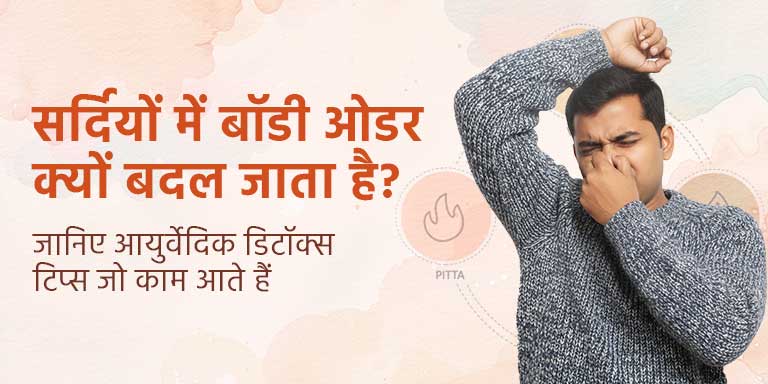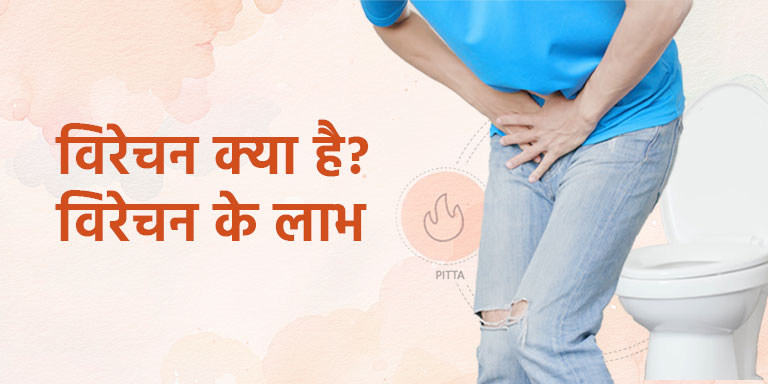If you’re tired of nagging indigestion, gas, constipation, irritability, or excessive sweating, your increased level of Pitta in the body might be the one to blame. Read more to know how to balance Pitta dosha immediately and naturally as we unravel major Ayurvedic secrets below.
Let’s first understand, ‘what is Pitta Dosha’ and its common symptoms.
‘Pitta dosha’ is one of the most common dosha, intertwined with fire and water elements, that governs metabolism, digestion, and transformation within the body. People with this dosha are often characterized by warm temperatures (due to fire element) and oily skin (due to water/fluid element).
PITTA DOSHA SYMPTOMS:
When Pitta becomes imbalanced, it can bring multiple ailments to you like:
- Acid reflux
- Indigestion
- Gas
- Constipation or diarrhea
- Anger
- Irritability
- Hot flashes
- Body odor
- Inflammation of the joints
- Migraine
- Excessive sweating
- Heightened emotions of hatred or jealousy, and so on.
Hence, it is necessary to know how to reduce Pitta Dosha immediately with the help of two proven ways of ‘Pitta Dosha treatment’ in Ayurveda – Aahar & Vihaar.
Aahar in Ayurveda emphasizes the impact of food habits on a person’s unique prakriti or body type. Whereas, Vihaar is the impact of an individual's daily routine and lifestyle on his Prakriti.
Jiva recommends a science-backed approach of Aahar & Vihaar to balance Pitta Dosha immediately!
Aahar tips for Pitta Dosha Treatment:
- Look for cooling foods: The food for Pitta Dosha should be hydrating in nature. Embrace the goodness of juicy watermelon, sweet lassi, pomegranate, crisp cucumbers, and succulent coconut water whenever you’re hungry in-between the meals or in the morning. Make sure it does not contain preservatives. It is advised to avoid any hot, fried & spicy food that aggravates Pitta's fiery nature.
- Opt for Pitta-pacifying grains: Starting your days with the nourishing properties of oats, quinoa, amaranth, granola, pancakes, and barley will satisfy your hunger while being good for your stomach. In addition, these grains are gentle on the digestive system and aid in soothing Pitta's intensity.
- Prefer lighter food: Choose lighter meal options over heavy and fried foods that are hard to digest and generate acidity. Go for steamed vegetables, fresh salads, soya beans, basmati rice, tofu, kidney beans, pasta, chickpeas, and soups instead. These soft foods support digestion and prevent Pitta from overwhelming the system.
- Limit caffeine & alcohol: Avoid the consumption of stimulants like coffee and alcohol, as they can elevate Pitta dosha. Instead, opt for herbal teas and refreshing fruit-infused beverages but make sure they do not contain preservatives.
- Indulge in Pitta-calming spices: Incorporate cooling spices like coriander, fennel, and cardamom into your culinary creations. These spices not only add delightful flavors but also help in calming Pitta's fiery tendencies.
Alongside Aahar, incorporating Vihaar practices into your routine can also reduce your Pitta dosha effectively! Here are some proven Vihaar tips for Pitta Dosha treatment
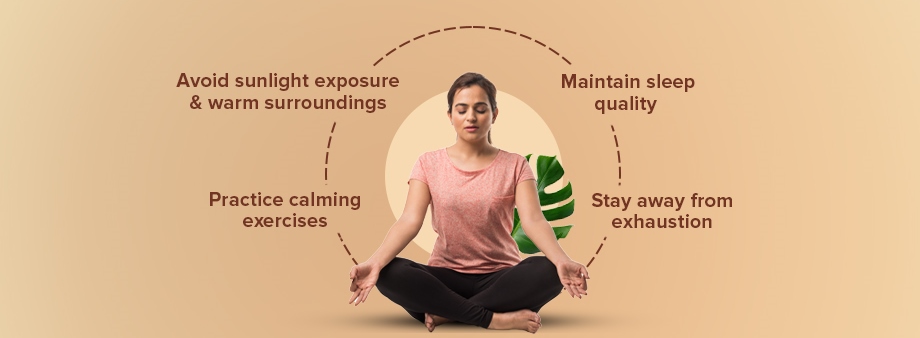
- Avoid sunlight exposure & warm surroundings: Pitta dosha is sensitive to heat, so it's important to stay cool. Seek shade, wear light and breathable clothing, and stay in well-ventilated spaces, especially in summer. It is recommended to minimize direct exposure to sunlight during peak hours.
- Stay away from exhaustion: Pace yourself and avoid excessive physical or mental exertion. It would be best to allow yourself ample rest and relaxation to prevent Pitta from becoming imbalanced. Begin listening to your body's signals and take breaks when needed.
- Practice calming exercises: Engage in meditation, deep breathing exercises, or yoga for pitta dosha to calm the mind and release stress. Shitali pranayama is one of the best exercises you can do for extraordinary cooling relief. These practices help pacify Pitta's intensity and promote a sense of tranquility to the restless nature of Pitta.
- Engage in self-care activities: Dedicate time to self-care rituals like oil massage (abhyanga), relaxing baths, walking in nature, and aromatherapy. These nurturing practices not only promote relaxation but also help cool and balance Pitta dosha.
- Soak in the moonlight: Just like the Sun radiates warm energy, the moon, on the contrary, is known for its cooling energies. Spend some time in the moonlight and allow yourself to connect with the serene and tranquil quality of the moon, letting it soothe and balance your Pitta dosha.
- Maintain sleep quality: Establish a regular sleep schedule and aim for at least 7-8 hours of restful sleep. Create a soothing sleep environment with the help of natural aromas, avoid stimulating activities before bedtime, and indulge in relaxing bedtime rituals to support optimal sleep quality.
By consistently following these immediate remedies, you can harmonize your Pitta dosha and embark on a journey of balance and well-being!
If you find these tips difficult to follow, let us help you with customized suggestions as per your routine and lifestyle. You can always consult our expert Ayurvedic doctors for personalized guidance based on your specific needs and constitution.
- We’re happy to help you on your healing journey!



